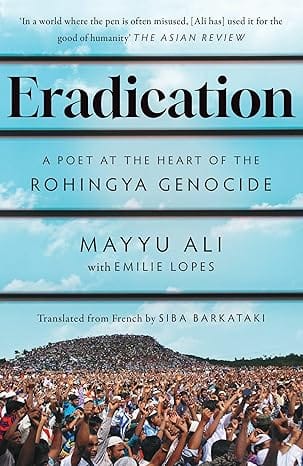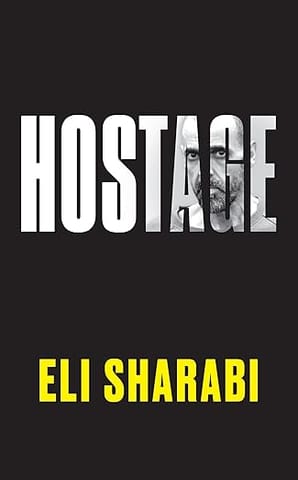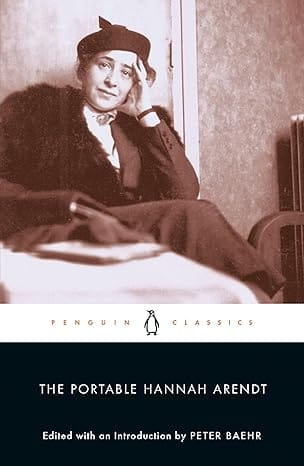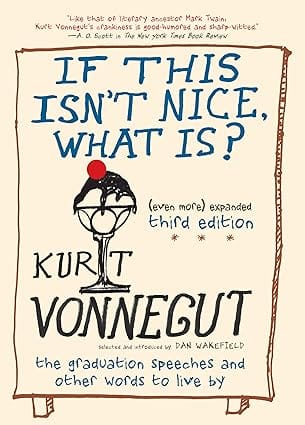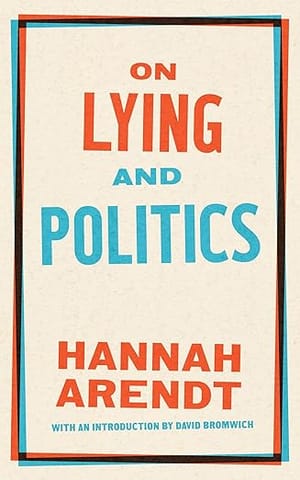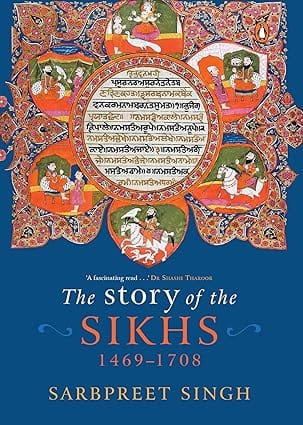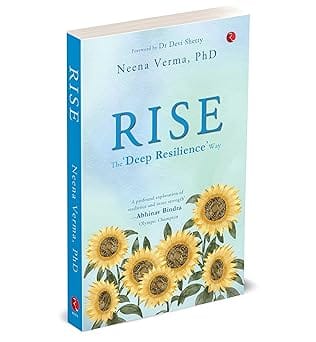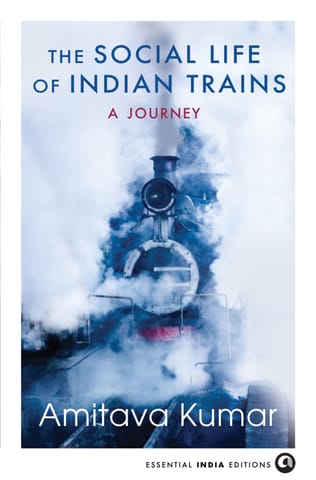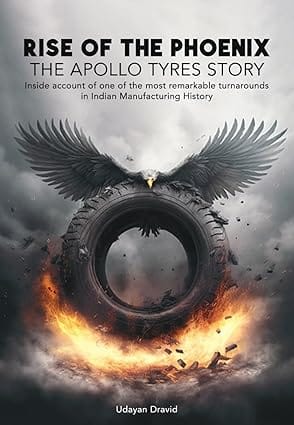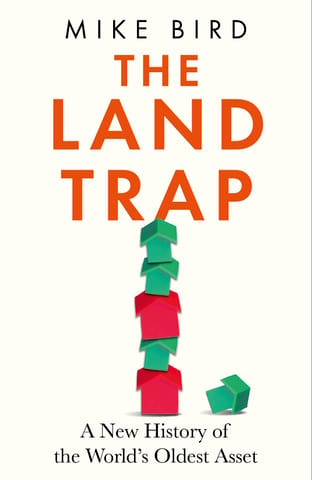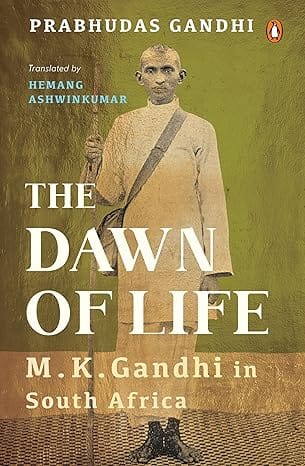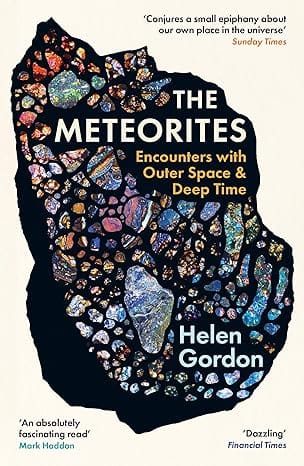- Non-ficton
- Non-ficton
- Contemporary Fiction
- Contemporary Fiction
- Children
- Children
- Comics & Graphic Novels
- Comics & Graphic Novels
- Non-Fiction
- Non-Fiction
- Fiction
- Fiction
‘Every night, I am killed
Every morning, I wake up again’
Poet-activist Mayyu Ali’s life has been shaped by his unrelenting resistance to the genocide of his people – the Rohingyas – one of the most oppressed Muslim minorities in the world. Since 1982, the Rohingyas have been refused citizenship, leaving them without basic rights and susceptible to exploitation. Denied a birth certificate and higher education, Ali became a voice of dissent at a young age as a poet and aid worker and, at great personal risk, as part of a covert group of activists devoted to documenting the human rights violations against the Rohingyas in Myanmar.
In 2017, widespread violence in the Rakhine State forced over 740,000 Rohingyas into refugee camps in neighbouring Bangladesh, Ali and his family among them. Undeterred by the horrific conditions there, he fought to provide accessible education, trauma counselling and creative outlets to the Rohingya youth in the camps. He also acted as an interpreter for foreign journalists and NGOs, helping them record the stories of survivors.
Ali’s outspoken criticism of the camps placed him and his family in the crosshairs of the Arakan Rohingya Salvation Army, an armed insurgency group. Ali was forced into hiding for two years until he was finally granted asylum in Canada in 2021 where he continues to give voice to his people and their struggles. Mayyu Ali’s story is a rare, first-hand account of the gut-wrenching experience of the world’s largest stateless people – and one of history’s worst humanitarian crises.
About the Author
Emilie Lopes is a French reporter. She has collaborated with numerous newspapers such as Le Figaro, ELLE and L’Obs.
Siba Barkataki is an assistant professor at the English and Foreign Languages University, Hyderabad. Her areas of specialization include Francophone Literature, Indian Indenture Studies and Memory Studies. In 2010, she received the prestigious Swiss Government Excellence Scholarship and in 2015, she was awarded a UGC postdoctoral fellowship for her research in the field of Indian Indenture Studies.
- Home
- Non-Fiction
- Eradication A Poet At The Heart Of The Rohingya Genocide
Eradication A Poet At The Heart Of The Rohingya Genocide
SIZE GUIDE
- ISBN: 9789361136139
- Author: Mayyu Ali
- Publisher: Pan Macmillan
- Pages: 247
- Format: Paperback
Book Description
‘Every night, I am killed
Every morning, I wake up again’
Poet-activist Mayyu Ali’s life has been shaped by his unrelenting resistance to the genocide of his people – the Rohingyas – one of the most oppressed Muslim minorities in the world. Since 1982, the Rohingyas have been refused citizenship, leaving them without basic rights and susceptible to exploitation. Denied a birth certificate and higher education, Ali became a voice of dissent at a young age as a poet and aid worker and, at great personal risk, as part of a covert group of activists devoted to documenting the human rights violations against the Rohingyas in Myanmar.
In 2017, widespread violence in the Rakhine State forced over 740,000 Rohingyas into refugee camps in neighbouring Bangladesh, Ali and his family among them. Undeterred by the horrific conditions there, he fought to provide accessible education, trauma counselling and creative outlets to the Rohingya youth in the camps. He also acted as an interpreter for foreign journalists and NGOs, helping them record the stories of survivors.
Ali’s outspoken criticism of the camps placed him and his family in the crosshairs of the Arakan Rohingya Salvation Army, an armed insurgency group. Ali was forced into hiding for two years until he was finally granted asylum in Canada in 2021 where he continues to give voice to his people and their struggles. Mayyu Ali’s story is a rare, first-hand account of the gut-wrenching experience of the world’s largest stateless people – and one of history’s worst humanitarian crises.
About the Author
Emilie Lopes is a French reporter. She has collaborated with numerous newspapers such as Le Figaro, ELLE and L’Obs.
Siba Barkataki is an assistant professor at the English and Foreign Languages University, Hyderabad. Her areas of specialization include Francophone Literature, Indian Indenture Studies and Memory Studies. In 2010, she received the prestigious Swiss Government Excellence Scholarship and in 2015, she was awarded a UGC postdoctoral fellowship for her research in the field of Indian Indenture Studies.
User reviews
NEWSLETTER
Subscribe to get Email Updates!
Thanks for subscribing.
Your response has been recorded.

India's Iconic & Independent Book Store offering a vast selection of books across a variety of genres Since 1978.
"We Believe In The Power of Books" Our mission is to make books accessible to everyone, and to cultivate a culture of reading and learning. We strive to provide a wide range of books, from classic literature, sci-fi and fantasy, to graphic novels, biographies and self-help books, so that everyone can find something to read.
Whether you’re looking for your next great read, a gift for someone special, or just browsing, Midland is here to make your book-buying experience easy and enjoyable.
We are shipping pan India and across the world.
For Bulk Order / Corporate Gifting
 +91 9818282497 |
+91 9818282497 |  [email protected]
[email protected]
Click To Know More
INFORMATION
QUICK LINKS
ADDRESS
Shop No.20, Aurobindo Palace Market, Near Church, New Delhi

